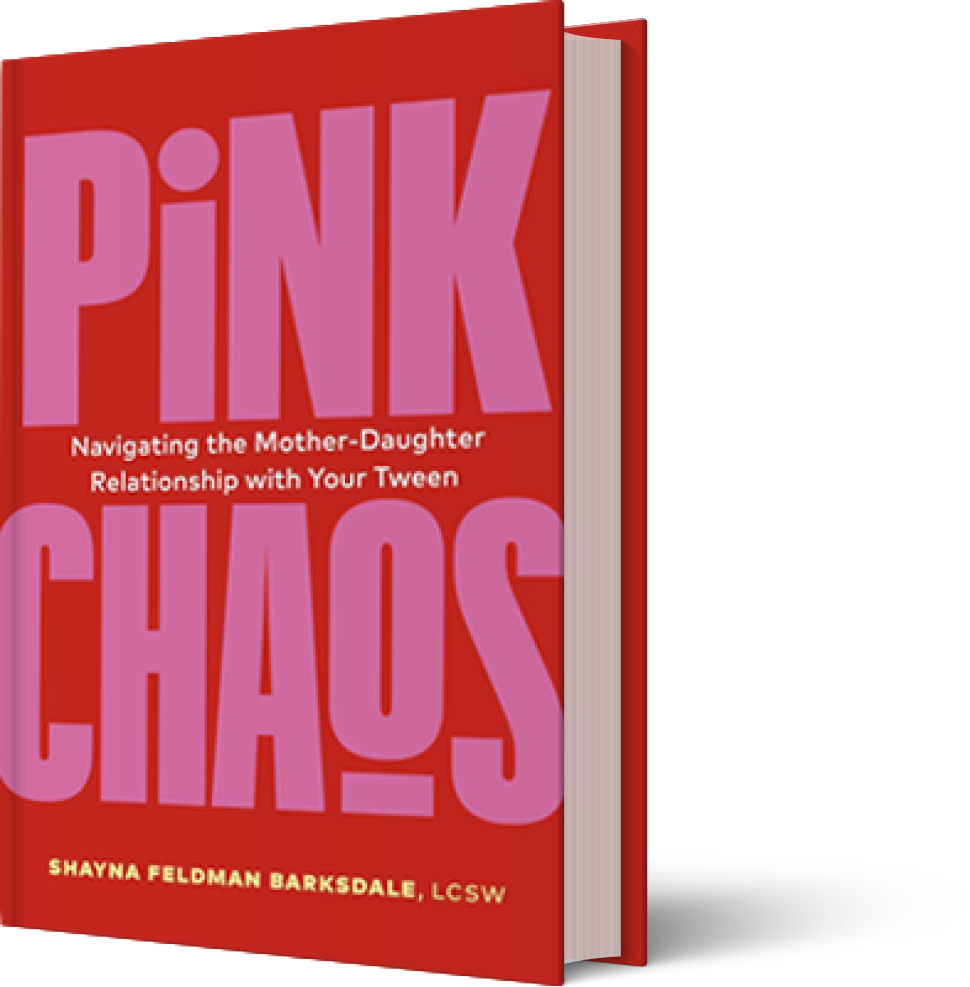Self-esteem vs. Self-compassion

Though the holidays are a time of giving and thinking of others, the often-stressful season is also an important time to practice self-compassion. We often use “self-esteem” and “self-compassion” interchangeably, to talk about our perception of our value and our character. In fact, these are very different concepts, as Kristin Neff explains in her book Self-Compassion.
Self-esteem is our evaluation of our own worthiness. It comes from the belief that we excel at things that are meaningful to us. Being a great cook or a terrible soccer player only affect our self-esteem if we feel that having these skills is important and valuable. There are two main ways to increase self-esteem, and both can be problematic: First, we can value the things we are already good at and diminish the importance of skills we struggle with. This tactic can lead to neglecting important areas of growth just to make us feel better about ourselves, however. We can also make a point to improve at areas that we feel are important. But this approach can be troublesome or fruitless if we value strengths or traits that go against our natural talents or tendencies, such as being thin.
Self-esteem also comes from how we think others see us (not necessarily how they actually see us). If we perceive that others think highly of us, it increases our self-esteem. We are actually more affected by how we think strangers view us than those close to us. If our parents tell us we’re pretty, that means a lot less than if a coworker or a boy from school thinks so. Of course, these acquaintances are far less equipped to judge us than those who know us well.
Because self-esteem is so closely tied to our successes and failures and others’ opinions of us, it is naturally fickle. A compliment may have you beaming one moment while a harsh critique may send you crashing down the next. We also end up needing more and greater accomplishments to feel the same amount of boost to our self-esteem, essentially building up a “tolerance.”
Self-compassion honors both our strengths and weaknesses rather than evaluating our worth. The good feelings of self-compassion don’t depend on transient things like our successes or approval from others, but rather from caring about ourselves. In fact, self-compassion is strongest and most important when we fail or make a mistake. Self-esteem leaves us when we feel shame, guilt, frustration, or disappointment; while self-compassion is always there when we need it most.
Self-compassion has three core components:
- Self-kindness: Being gentle and understanding with ourselves instead of harsh and critical, especially when we make a mistake.
- Recognition of common humanity: Understanding that everyone faces struggles, rather than feeling isolated by our suffering. In this way, self-compassion fosters a sense of connection with others.
- Mindfulness—Neither ignoring nor exaggerating our pain, but being aware of it.
Overall, self-compassionate people are better able to accept and embrace both their strengths and weaknesses, regardless of the feedback they receive from others and the setbacks they face. This holiday season, if you get caught up in impressing family and friends with the perfect gift, party, or meal, remember to practice self-compassion.












